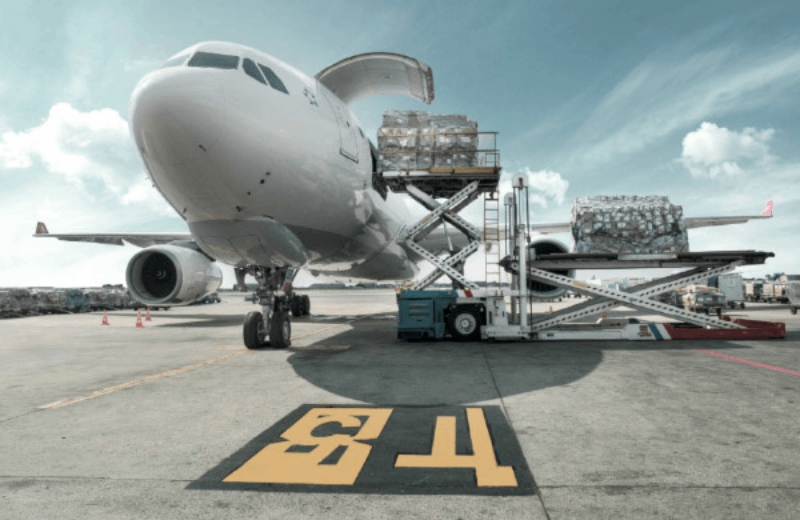Time:2022-09-08 Publisher:Kevin Num:6452

Recently, strikes have taken place in many ports. Coincidentally, at the cargo airport, workers also carried out strikes.
Earlier, Lufthansa Airlines pilots planned to hold a one-day strike on September 2, which also affected the company's cargo subsidiary and caused inconvenience to enterprises that scheduled to transport goods.
Logistics experts said that for shippers and Lufthansa Cargo, the more serious threat is the strike action that will last longer in the future and may disrupt the supply chain.
The German airline said that it had cancelled 800 flights at Frankfurt Airport and Munich Airport, as well as a few flights, because the pilots' Union announced a 24-hour strike due to a salary dispute.
A few days after the strike, cargo airports on another continent also planned to strike. Airport service provider dnata is developing contingency plans to deal with possible strikes by Australian airport facility staff.
Dnata's Australian Office informed customers on Monday that it was preparing for a possible 24-hour strike on September 12. This may affect the freight transport at Sydney and Brisbane airports.
The company's management said that the ground handling agency has found replacement workers at Melbourne, Adelaide and Perth airports, and it is not expected that the work in these places will slow down in the event of strikes.

"Despite our best efforts to establish emergency teams at Sydney and Brisbane airports, we expect that if the Fair Work Commission fails to reach an agreement with our employees on September 7, our operations will be subject to some disruption." Dnata said.
In another update, dnata said that it was deploying more staff and management teams to assist the cargo terminal at Melbourne Airport, where the epidemic had led to a decline in staffing levels and a backlog of freight.
Most of the backlog is a large number of small goods, not container goods. It is expected that the situation will ease on Wednesday when dnata implements the ban on handling passenger aircraft with cargo in the cabin.
This strategy has been widely welcomed during the pandemic because it can take advantage of more space on aircraft temporarily converted to dedicated freight services, but it is more labor-intensive.
Dnata said that the delay time for imported goods had been reduced from 5 to 9 days to 4 days, and perishable goods, medical care and other special products were given priority services.
The uncertainty of labor issues is the latest resistance faced by the air cargo industry this year. This summer, air cargo business was affected, and airlines canceled thousands of flights.



